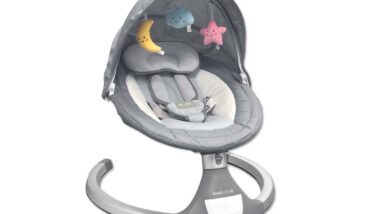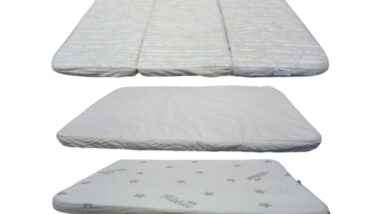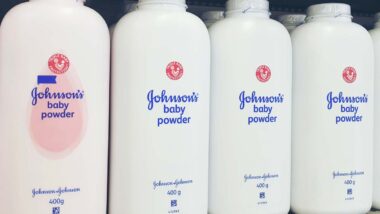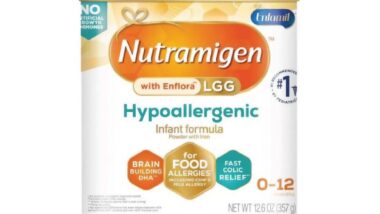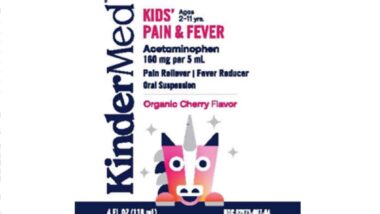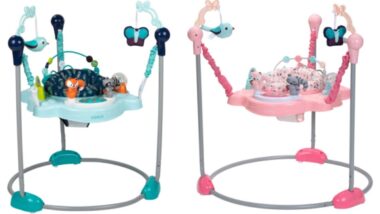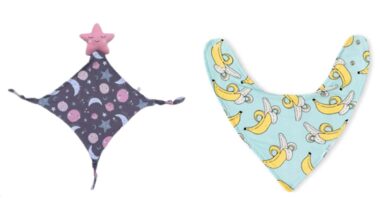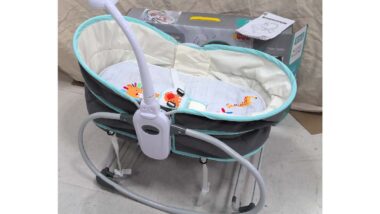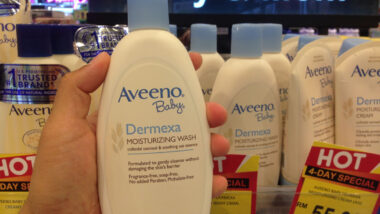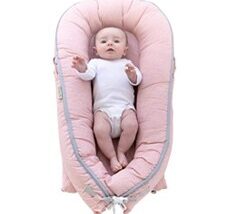Top Class Actions’s website and social media posts use affiliate links. If you make a purchase using such links, we may receive a commission, but it will not result in any additional charges to you. Please review our Affiliate Link Disclosure for more information.

Neocate formulas are “elemental” products which contain proteins that have been broken down into pure amino acids.
According to Nutricia, the Neocate formula manufacturer, this results in a “hypoallergenic” baby formula ideal for infants and children who cannot tolerate milk or soy in traditional formulas. The company also touts its formula as “nutritionally complete for infants 0-12 months” and a product that “supports normal growth development”.
There are a variety of Neocate formulas available, including Neocate Syneo Infant, Neocate Infant DHA/ARA, Neocate Nutra, Neocate Junior, Neocate Junior with Probiotics, and Neocate Splash.
Although Neocate may be a hypoallergenic option for infants and children, there may be risks associated with the products that parents might not be aware of.
In 2017, a study conducted by Yale University and the Mayo Clinic was published in the journal Bone showing a link between Neocate and hypophosphatemia. The condition involves low phosphate levels in the blood which can lead to rickets, skeletal deformities, stunted growth, and broken bones. Although calcium is often considered to be the most important mineral for bone health, studies have found that phosphorus plays an equally important role in the building of strong bones.
The Yale/Mayo study looked at outcomes from 51 children and infants in North America and Ireland. In 94 percent of the children, the researchers reportedly found rickets, broken bones, or low phosphate levels.
Researchers concluded that “bioavailability of formula phosphorus may be impaired in certain clinical settings”, meaning that the phosphate in Neocate formula may not be properly absorbed, leading to hypophosphatemia. Luckily, the researchers noted that blood phosphate levels improved “shortly after introduction to the alternate formula, with the eventual improvement of skeletal abnormalities”.
“The widespread nature of the findings lead us to strongly recommend careful monitoring of mineral metabolism in children fed [elemental formula],” researchers wrote in their conclusion.
This phenomenon has been further observed in the scientific literature. A case study from 2018 detailed the case of an 8-month-old baby who showed “unusual” signs of hypophosphatemia after being fed Neocate infant formula.
She was reportedly brought into the emergency room due to skeletal concerns where she was later diagnosed with hypophosphatemic rickets.
Despite sufficient phosphate being available in the child’s Neocate formula, her phosphate levels remained low. Further investigation led doctors to conclude that the phosphate in the Neocate formula was not being absorbed in the digestive system.
The baby was switched to an alternate formula and her phosphate levels reportedly corrected within three weeks. However, the formula change allegedly resulted in a decrease in calcium levels which required supplementation – a potential transition complication noted by the Yale study.
Luckily, the infant’s low phosphate levels were caught before permanent skeletal damage could be done. However, scientists concluded that further investigation by the Neocate formula manufacturer and scientists is warranted to investigate the potential side effect of infant rickets.
“This case report […] contributes to a growing body of evidence associating Neocate formula with hypophosphatemia in certain patients,” the case study concluded. “Further investigation to establish the mechanism by which Neocate formula may lead to hypophosphatemic rickets is warranted.”
Join a Free Neocate Infant Formula Class Action Lawsuit Investigation
If you have a child that takes Neocate and has suffered from bone fractures or other Neocate side effects such as rickets, you may qualify to join this Neocate lawsuit investigation. Fill out the form on this page for a free case evaluation.
ATTORNEY ADVERTISING
Top Class Actions is a Proud Member of the American Bar Association
LEGAL INFORMATION IS NOT LEGAL ADVICE
Top Class Actions Legal Statement
©2008 – 2024 Top Class Actions® LLC
Various Trademarks held by their respective owners
This website is not intended for viewing or usage by European Union citizens.
Get Help – It’s Free
Join a Free Neocate Infant Formula Class Action Lawsuit Investigation
If you qualify, an attorney will contact you to discuss the details of your potential case at no charge to you.
PLEASE NOTE: If you want to participate in this investigation, it is imperative that you reply to the law firm if they call or email you. Failing to do so may result in you not getting signed up as a client or getting you dropped as a client.
E-mail any problems with this form to:
Questions@TopClassActions.com.
Oops! We could not locate your form.


